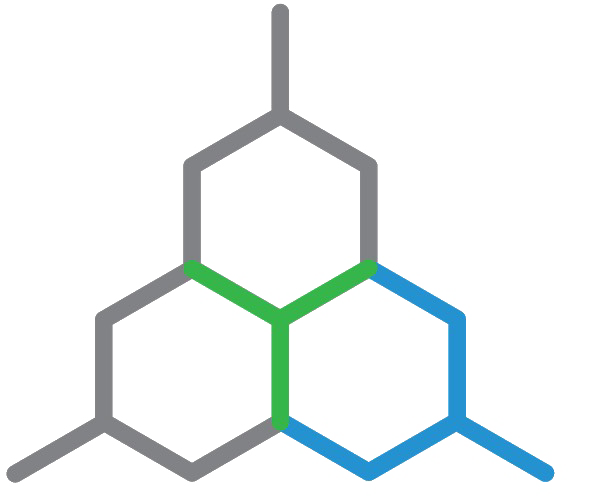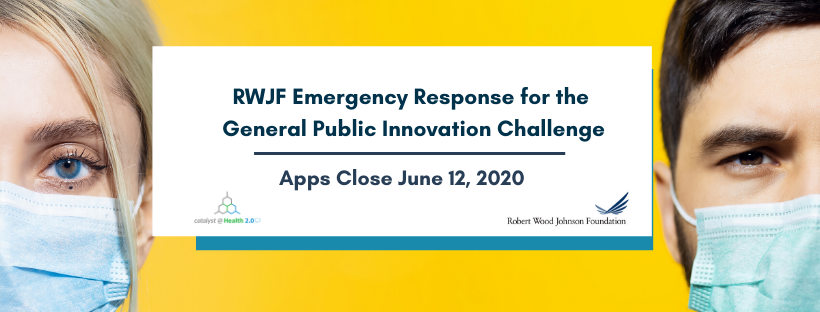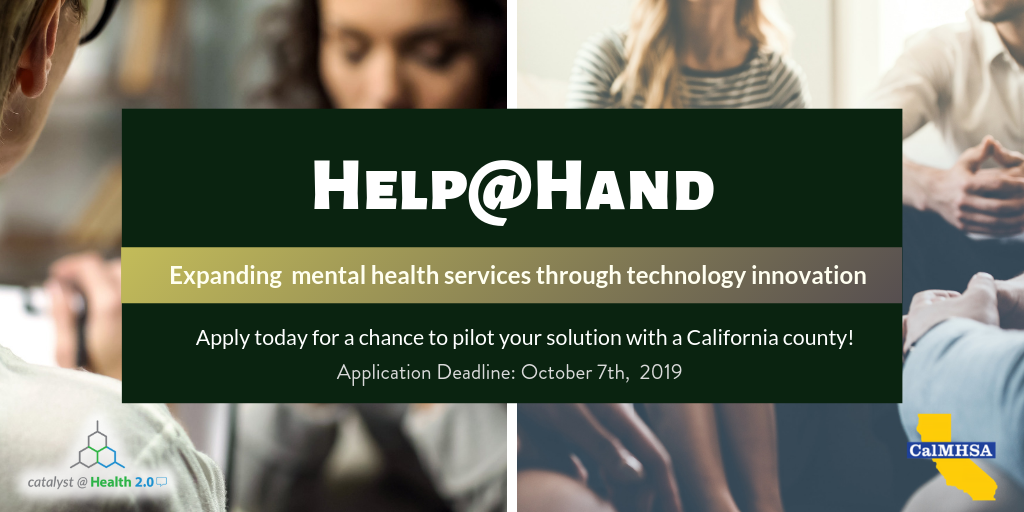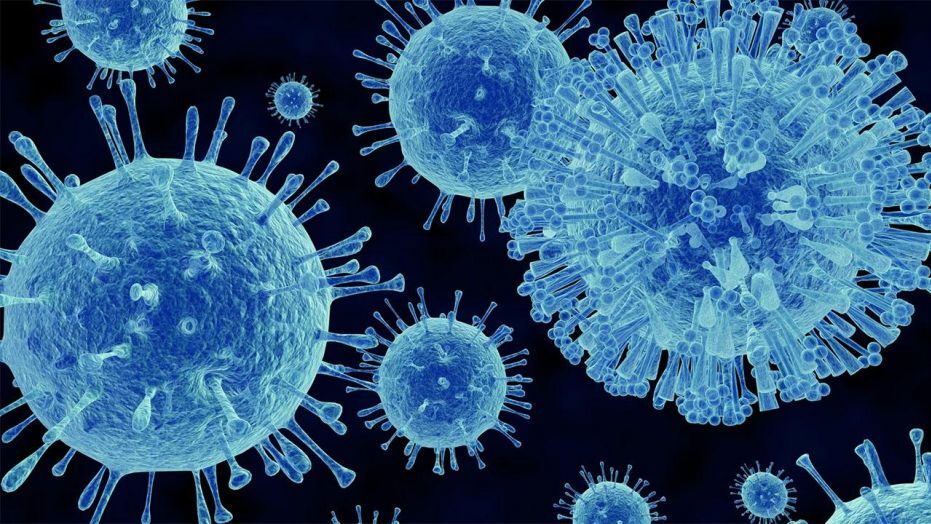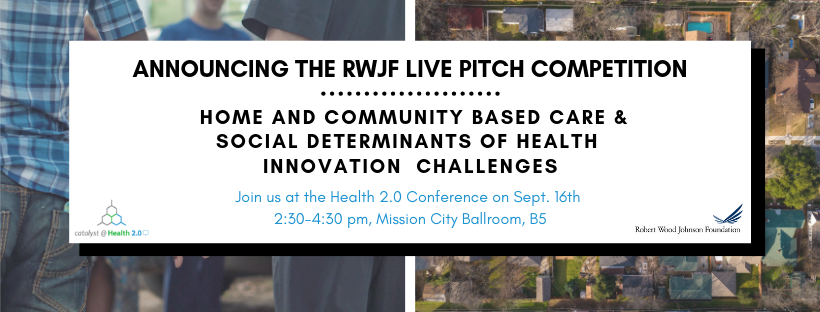Attention digital health innovators! Do you have innovative text message-based health tech solutions that can disseminate health-focused video content? Apply to the Grapevine Health Rapid Response Open Call!
As the COVID-19 pandemic continues, the importance of health literacy and communication is more apparent than ever. Catalyst @ Health 2.0 is proud to host a Rapid Response Open Call (RROC) in collaboration with Grapevine Health. Five semi-finalists will receive $1k each and will have the opportunity to demo their technology. A grand prize winner will receive $5k and the opportunity to collaborate with Grapevine Health!
Do you have a solution that can fit this need? Apply HERE today! Applications close 8/27.
About Grapevine Health
Grapevine Health is on the ground bridging health communication and demystifying health care for the community. Grapevine Health uses tech, videos, storytelling and collaborative conversations between community and health experts to improve health literacy and patient engagement.
